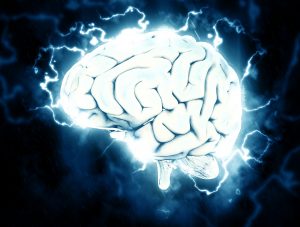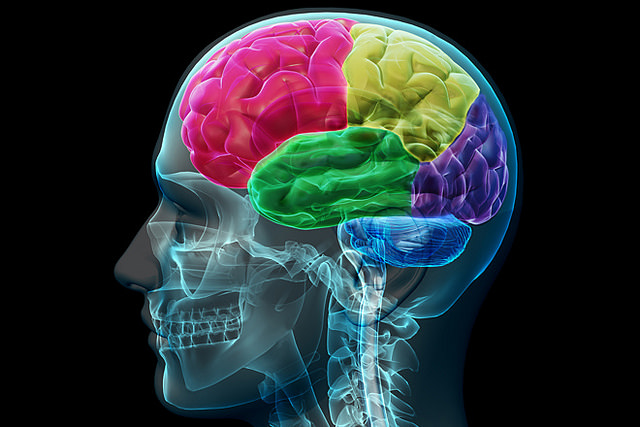 What if science said that our friends were really meant to be our closest companions? This is exactly what one study appears to indicate, so think again next time you wonder how you got so close to your buds.
What if science said that our friends were really meant to be our closest companions? This is exactly what one study appears to indicate, so think again next time you wonder how you got so close to your buds.
A study published in Nature Communications by researchers from Dartmouth College suggests that we’re friends with our closest pals because we share an uncanny amount of similarities in our brains (“Similar neural responses predict friendship,” 2018).
“The notion that people tend to resemble their friends is an enduring intuition, as evidenced by the centuries-old adage, ‘birds of a feather flock together,’” wrote the authors of the report. “Research has borne out this intuition: social ties are forged at a higher-than-expected rate between individuals of the same age, gender, ethnicity, and other demographic categories. This assortativity in friendship networks is referred to as homophily and has been demonstrated across diverse contexts and geographic locations, including online social networks.”
But do “birds of a feather” really “flock together?” This is what the group wanted to find out, and they chose to do so by closely examining the brain.
“Here we tested the proposition that neural responses to naturalistic audiovisual stimuli are more similar among friends than among individuals who are farther removed from one another in a real-world social network,” wrote the authors of the report. “Measuring neural activity while people view naturalistic stimuli, such as movie clips, offers an unobtrusive window into individuals’ unconstrained thought processes as they unfold.”
Forty-two students were given four pieces of footage to watch: a clip of America’s Funniest Home Videos, footage of an astronaut at the International Space Station, a clip of a wedding ceremony, and footage of the CNN show “Crossfire.” Then, they had MRI scans to observe their brain activity.
The research showed that among subjects who were friends, the same parts of the brain lit up while watching the specified footage. Notably, those sections related to motivation, learning, affective processing and memory.
“Our results suggest that friends process the world around them in exceptionally similar ways,” said lead author Carolyn Parkinson (“Your brain reveals who your friends are,” 2018).
Senior author Thalia Wheatley goes on to say that it’s no surprise that our connections to each other go back to the human brain.
“We are a social species and live our lives connected to everybody else,” says Wheatley. “If we want to understand how the human brain works, then we need to understand how brains work in combination– how minds shape each other.”
References
Brueck, Hilary. “Scientists say they can predict who you’re friends with based on brain patterns alone.” Retrieved February 5, 2018, from http://www.businessinsider.com/brains-friends-are-more-alike-scientists-say-2018-1.
“Your brain reveals who your friends are.” Retrieved February 5, 2018, from https://www.eurekalert.org/pub_releases/2018-01/dc-ybr012618.php.
Parkinson, Carolyn. “Similar neural responses predict friendship.” Retrieved February 5, 2018, from https://www.nature.com/articles/s41467-017-02722-7.
